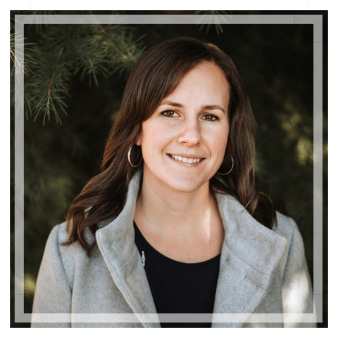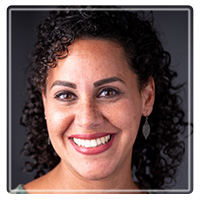
Eating Disorder Counsellor
Hannah English, RCC, M.A.
Registered Clinical Counsellor
214 - 20627 Fraser Hwy, Langley, British Columbia V3A 4G4 | 604-300-2633
When it comes to working with clients who are experiencing disordered eating, the first thing to understand is that rarely is it about food itself, and it can affect anyone from all genders, ages, classes, and abilities. I personally understand the amount of stress and anxiety that can arise around eating and body image and want to work with you to pinpoint what is triggering for you about eating. My goal is to help you create and maintain a healthy relationship with food, not a fearful one. By using open, supportive, and non-judgemental dialogue, we can break down the shame and stigma of eating disorders together.

Eating Disorder Counselor
Kevin Fleming, Ph.D.
Coach/Change Agent/Consultant
At Home or Private Discreet Intensives
While most eating disorder issues are treated by cognitive behavioral methodologies or specialized outpatient/inpatient programs, Grey Matters International and the work of Kevin J. Fleming, PhD provide relief first and foremost for the brain of one suffering from an eating disorder----without giving them medication. We believe that the neural circuitries responsible for the compulsive behaviors with eating are not necessarily only a neurotransmitter issue but of overused neural networks that affect the harmonization, balance, and decisions of the whole brain. Contact kevin@kevinflemingphd.com or 877-606-6161 to learn more about this safe and effective alternative.

Eating Disorder Counselor
Olivia Mayer, MA, RCC
Registered Clinical Counsellor
Available for Online Therapy
Olivia has a passion for helping individuals struggling with eating disorders, providing support through a behavioral and trauma-informed approach. She helps clients uncover and address the underlying emotional and psychological factors contributing to their disorder while equipping them with practical strategies for recovery. Olivia’s compassionate and holistic approach focuses on creating a safe space for clients to explore their relationship with food and their bodies, empowering them to build healthier habits and a positive self-image. By integrating trauma-informed care with actionable tools, Olivia walks alongside her clients as they work toward healing, resilience, and lasting change.

Eating Disorder Counselor
Heather Awad, MCP, RCC
Registered Clinical Counsellor
Available for Online Therapy
If you’ve struggled with disordered eating, you are all too familiar with compulsive behavior, obsessive thoughts and a disconnect from the body. You may also have a constant need for control while at the same time feeling a frightening and exhausting loss of all control. Please know that none of this is your choice, but rather is a state of stress and overwhelm while you do your best to feel better. I have nothing but compassion for the distress that comes with food-related challenges, and you have my commitment to help you care for the difficult underlying emotions involved. Together, we will create a safe space to move towards healing and a safe relationship with food and the body.
You Have Found Honest and Real Therapy for Food Issues in Maple Ridge, BC.
Are you ready to start on a new path? Thank you for visiting our British Columbia search of licensed therapists in Maple Ridge who specialize and have experience treating food issues such as anorexia, over eating, food aversions, orthorexia nervosa and bulimia. Food issues affect anyone, both children and adults and can impede our relationships and daily life. Counselling for help with food and eating is a vital component of healthy recovery and restoration. Find the right counselor for eating and food issues in Maple Ridge right now and begin your new life.
Maple Ridge is located in British Columbia, Canada. It has a land area of 266.78 square kilometers. The population of Maple Ridge is 82,256 people with 30,262 households . The population ranking for Maple Ridge is #71 nationally and #16 for the province of British Columbia with a density of 308.30 people per sq km. Maple Ridge therapists serve postal code: V2X.
